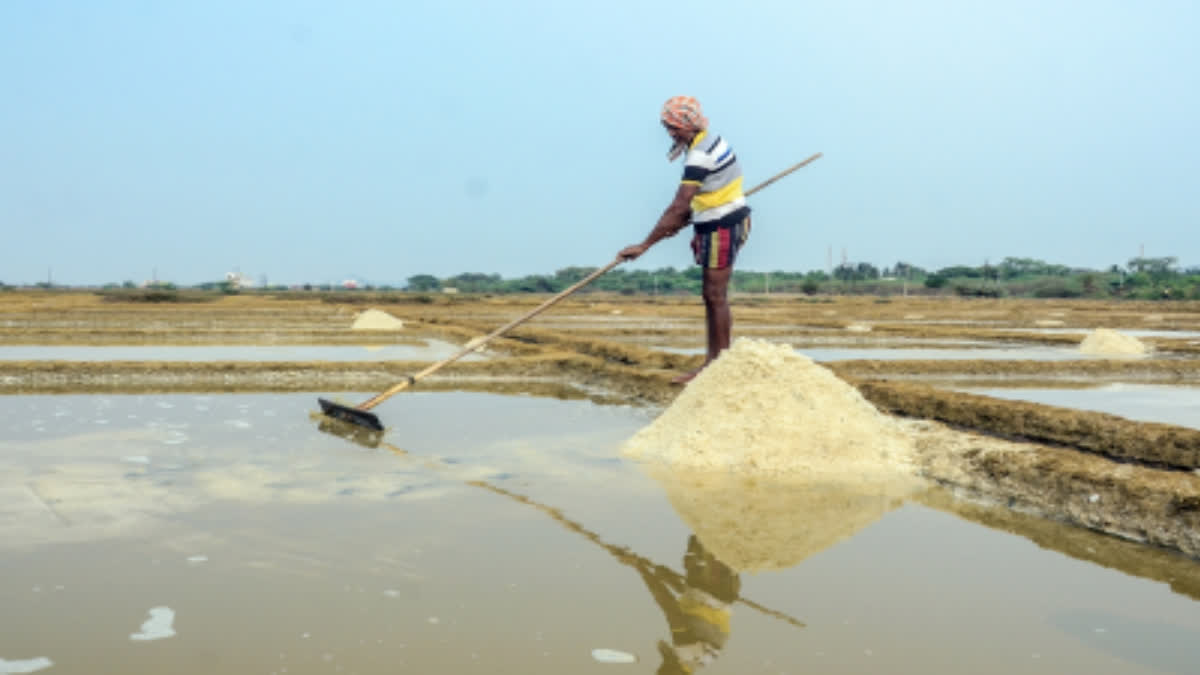New York: Humans are disrupting the natural "salt cycle" on a global scale, and the influx of salt in streams and rivers is causing an "existential threat", according to an alarming study, led by an Indian-origin researcher.
Agriculture, construction, water and road treatment, and other industrial activities can also intensify salinisation, which harms biodiversity and makes drinking water unsafe in extreme cases.
"If you think of the planet as a living organism, when you accumulate so much salt, it could affect the functioning of vital organs or ecosystems,” said Geology professor Sujay Kaushal, from the University of Maryland.
"Removing salt from water is energy intensive and expensive, and the brine byproduct you end up with is saltier than ocean water and can’t be easily disposed of," he added.
In the paper, published in the journal Nature Reviews Earth & Environment, the team described these disturbances as an "anthropogenic salt cycle", establishing for the first time that humans affect the concentration and cycling of salt on a global, interconnected scale.
"Twenty years ago, all we had were case studies. We could say surface waters were salty here in New York or in Baltimore’s drinking water supply," said co-author Gene Likens, an ecologist at the University of Connecticut.
"We now show that it’s a cycle -- from the deep Earth to the atmosphere -- that’s been significantly perturbed by human activities."
The new study considered a variety of salt ions that are found underground and in surface water. Salts are compounds with positively charged cations and negatively charged anions, with some of the most abundant ones being calcium, magnesium, potassium, and sulphate ions.
"When people think of salt, they tend to think of sodium chloride, but our work over the years has shown that we’ve disturbed other types of salts, including ones related to limestone, gypsum and calcium sulphate," Kaushal said.
When dislodged in higher doses, these ions can cause environmental problems. The study showed that human-caused salinisation affected approximately 2.5 billion acres of soil around the world -- an area about the size of the US.
Salt ions also increased in streams and rivers over the last 50 years, coinciding with an increase in the global use and production of salts. Salt has even infiltrated the air.
In some regions, lakes are drying up and sending plumes of saline dust into the atmosphere. In areas that experience snow, road salts can become aerosolised, creating sodium and chloride particulate matter.
"There's the short-term risk of injury, which is serious and something we certainly need to think about, but there’s also the long-term risk of health issues associated with too much salt in our water," Kaushal said.
"It’s about finding the right balance."
Also read-



